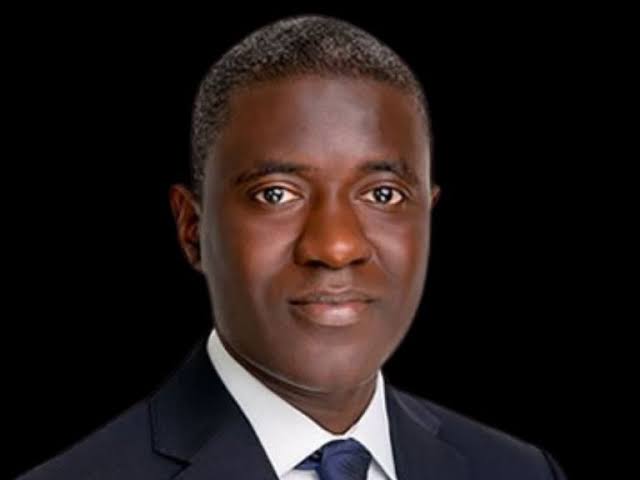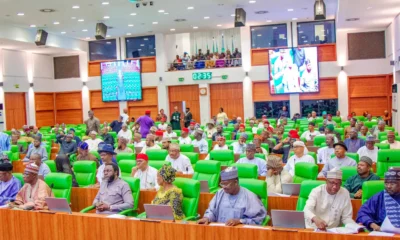Technology
NCC Chief Highlights Judiciary’s Role In Protecting Digital Rights
By Benjamin Abioye

The Executive Vice Chairman and Chief Executive Officer of the Nigerian Communications Commission (NCC), Dr. Aminu Maida, has urged the judiciary in Nigeria to actively embrace the digital transformation that is reshaping all aspects of modern life. He emphasized the critical role of the judiciary in shaping a future where technology benefits humanity.
Speaking at a judges’ workshop held on November 5, 2024, in Lagos, Dr. Maida highlighted that the judiciary is not merely an observer of the digital revolution. Instead, it plays a crucial role in forming the legal frameworks that guide the evolving technological landscape. According to him, the judiciary must adapt to technological changes to ensure that the advantages of digital transformation are shared widely while addressing any associated risks.
Dr. Maida stressed that as the digital age progresses, judicial officers must adapt to ensure that laws are effectively enforced in the online world, just as they are in the physical one. He explained that one major challenge is updating existing legal principles to address the complexities of new and emerging technologies.
He pointed out key areas where the judiciary can play an essential role in the digital era. First, it must protect fundamental rights in the digital space, such as privacy, freedom of expression, and access to information, while balancing these rights with the need for security and order. Second, the judiciary has a role in enforcing online agreements and resolving disputes arising from e-commerce, intellectual property, and other digital transactions. This fosters trust and reliability in the digital economy.
Additionally, the judiciary is tasked with developing a body of digital jurisprudence. By interpreting and applying existing laws to new digital contexts, courts can offer clarity and guidance to individuals, businesses, and governments operating in the digital world. Finally, the judiciary can promote innovation by providing a stable legal framework that supports investment and development in emerging technologies.
Dr. Maida expressed confidence that the workshop would contribute significantly to the growth of communications law in Nigeria. He hoped its outcomes would benefit all stakeholders and support the nation’s transition into a more digitally inclusive future.
Send Us A Press Statement Advertise With Us Contact Us
And For More Nigerian News Visit GWG.NG











